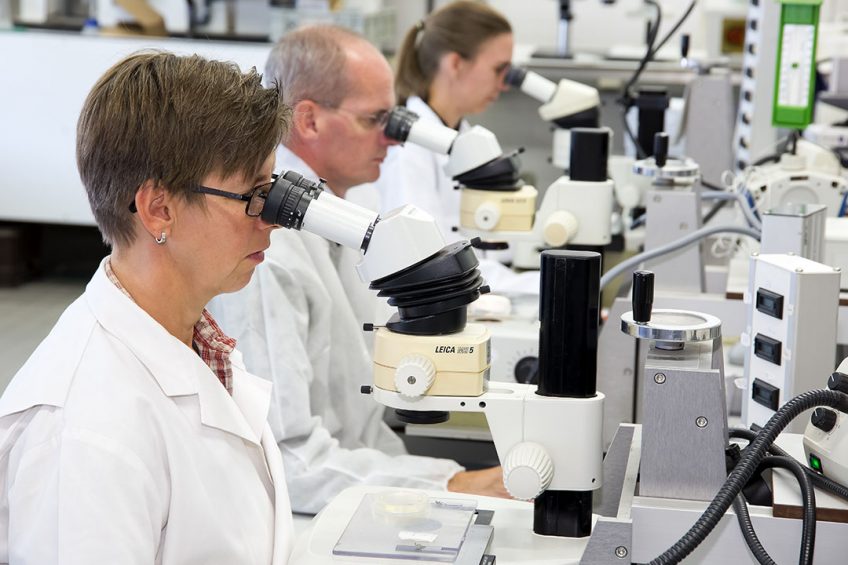Stopping cholesterol path can reduce spread Marek’s disease

Cholesterol production and transport play a crucial role in how Marek’s disease virus (MDV) infects poultry cells, researchers have found.
They researchers also realised that inhibiting a protein involved in this pathway can reduce virus replication and spread between cells, which could pave the way for new antivirals and vaccines that interrupt the cholesterol pathways to prevent virus shredding among birds.
The disease, which is estimated to cost the global poultry industry more than U$ 1 billion per year, causes cancer and immune system suppression. Researches at the UK’s Pirbright Avian Immunology Group took an in-depth look at exactly how MDV hijacks the cholesterol pathway of poultry cells in order to replicate. The findings, published in the Journal of Virology, showed that MDV increases the cholesterol content of cells and upregulates a protein caused lysosomal associated membrane protein 1+ (LAMP-1), which transports cholesterol around the cell.
 Leaky vaccines help prevent Marek’s disease transmission
Leaky vaccines help prevent Marek’s disease transmission
Imperfect vaccines limit the spread of Marek’s disease virus, which costs the global poultry industry US$ 1bn a year.
Scientists also demonstrated that LAMP-1 interacts with an MDV protein known as glycoprotein B, which is integral to viral replication. When the gene for LAMP-1 was switched off, MDV replication and cell-to-cell spread reduced, indicating LAMP-1 plays a vital role in MDV infection.
Dr Shahriar Behboudi, head of the Avian Immunology Group, said: “Our research indicates that MDV uses LAMP-1 to transport one of its own proteins in order to infect other cells. By silencing the gene that produces LAMP-1, we prevented the transportation of this vital MDV protein and therefore hindered the virus’s ability to spread.”
The report can be found here.












